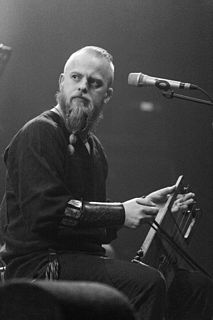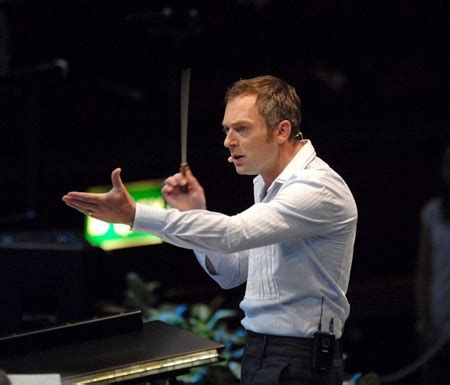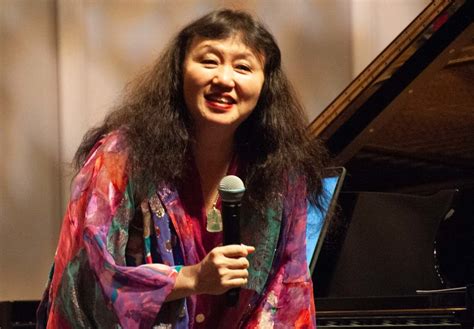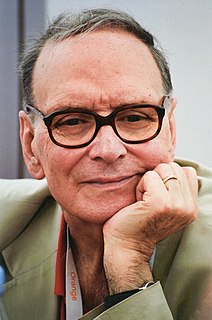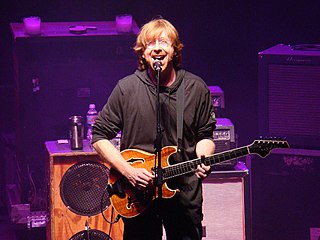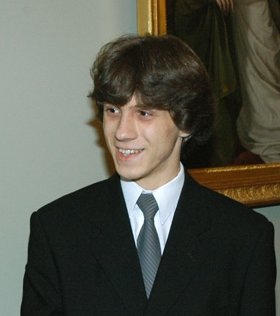A Quote by Karen DeCrow
In chamber music, the audience can hear each instrument and understand (and feel) what the composer and the musicians have in mind as they play.
Quote Topics
Related Quotes
Learning to play old instruments was a challenge. How do you learn an instrument no one has played in hundreds of years? The ones that are used today, I was adamant not to hear anyone else play that instrument. I want to approach them as a child and on the basis of each instrument. I wanted my voice to come through, not someone else's.
It still amazes me how many musicians aren't really interested in engaging with their audience at all. Alfred Brendel, a pianist for whom I have the greatest respect, has described performance as a sacred communion between the artist and the composer. But what about the audience? Music is communication, a two-way street.
I like playing at public schools. I like when there's more of a diverse audience. I'll play wherever people want to hear my music, and I'll be glad and grateful for the opportunity, but I'd rather not play for a bunch of white privileged kids. I'm not meaning that in a disrespectful way; you go where people want to hear your music. So if that's where people want to hear me play, I'm glad to play for them. But I'd rather play for an audience where half of them were not into it than one where all of them were pretending to be into it, for fear of being uncultured.
When I'm writing a play I hear it like music. I use the same indications that a composer does for duration. There's a difference, I tell my students, between a semi-colon and a period. A difference in duration. And we have all these wonderful things, we use commas and underlining and all the wonderful punctuation things we can use in the same way a composer uses them in music. And we can indicate, as specifically as a composer, the way we want our piece to sound.
Perhaps the chief requirement of [the conductor] is that he be humble before the composer; that he never interpose himself between the music and the audience; that all his efforts, however strenuous or glamorous, be made in the service of the composer's meaning - the music itself, which, after all, is the whole reason for the conductor's existence.


